
OR
Editorial
Remembering King Prithvi Narayan
Published On: January 11, 2023 08:05 AM NPT By: Republica | @RepublicaNepal
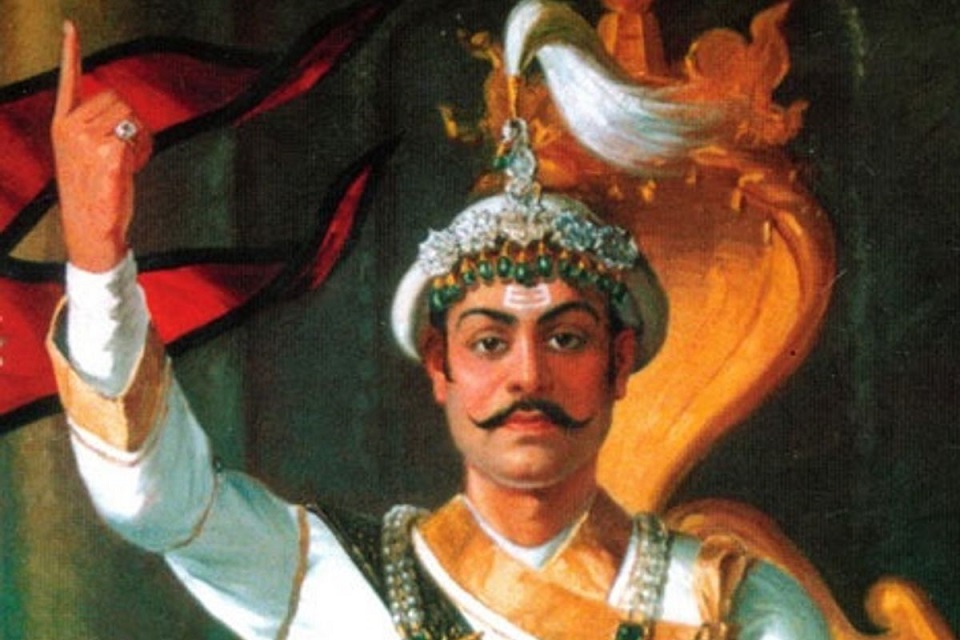
Today is Paush 27, the day in the lunar calendar when King Prithvi Narayan Shah (1723-1775), the founder of modern Nepal, was born exactly three centuries ago. In the past, the Day would be celebrated as Prithvi Jayanti and Rastriya Ekata Diwas (national unity day) across Nepal with much fanfare, apart from being a public holiday. But the government formed after the political change of 2006 scrapped the holiday along with the announcement of a republic. The Nepali state also stopped celebrating the day. Political cadres, especially those from the then CPN (Maoist) demolished the statues of the late king in various places of the country. Efforts were made to demonize the great king, calling him not a national unifier but “an expansionist who just expanded his Gorkha Kingdom.” He was also accused of using violence during his unification campaign. His portraits were removed from government offices, apart from the offices of Nepal Army (the army apparently refused to remove the portraits and photos of the late king from its offices, continuing to honor him as the founder of the national army). A hero had suddenly been made to look like a villain.
Coincidentally, it’s a coalition government led by the “supreme leader” of the same Maoists, which has revived the tradition of announcing a public holiday on Paush 27! This is a good decision by the government on all accounts. The country was declared a republic but there was clearly no need to belittle or disrespect the Great King Prithvi Narayan Shah simply because he laid the foundation of modern Nepal and gave us the privilege of calling ourselves Nepalis! If King Prithvi Narayan had not started the unification campaign, perhaps today there would not be a nation called Nepal. But it seems no one had the time to think rationally in those transitional times when the public ‘mood’ as well as ‘sentiment’ was against the then monarch that ultimately grew into resentment against the very institution of monarchy. All humans have both strengths and weaknesses, and most likely King Prithvi Narayan was not an exception. But the fact is we need to remember King Prithvi Narayan who dreamed of a greater Nepali state even in those times. World history is a testimony to the fact that countries do change their political systems of governance according to the changing times but no one should try to erase history. In fact, we should love and be proud of our history and respect historical characters and national luminaries. King Prithvi Narayan is certainly one such historical character. He certainly did not make a mistake by unifying the then baise and chaubise small principalities into one single Nepal. But after 2006 some of us certainly made the mistake of smearing mud on his golden image.
However it’s good that that mistake has been rectified today, some 16 years after it was made. Better late than never! One thing is clear, if King Prithvi Narayan had been defeated or been unsuccessful in his unification campaign, there would not be today’s sovereign Nepal. It’s good that over the past few years, the statues of the late king have been rebuilt in several places where they were demolished. The raised index fingers of these statues do convey the feeling of Nepali unity. They will continue to do so. Also, King Prithvi Narayan’s divyopadesh (divine counsel) on matters quite crucial for Nepal shows his love for good governance and conveys a message of national unity. In the life of a country, political systems, governments, and politicians come and go. But the part of history which gives us the identity of being a Nepali must be preserved. That is our common duty as Nepalis. However, rather than just being declared a public holiday, Paush 27 should be celebrated as the true national unity day. At a time when anarchy has been on the rise in the country and the Nepali society apparently looks divisive on several fronts, let’s hope that Prithvi Jayanti will encourage all of us Nepalis living in the mountains, hills and the plains to get united under one national flag.
You May Like This
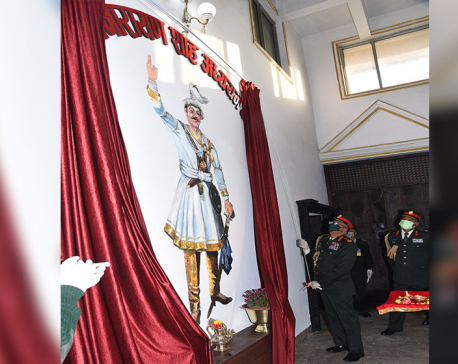
Army chief inaugurates Prithvi Narayan Shah Study Center at army HQ
KATHMANDU, Jan 11: "Prithvi Narayan Shah Study Center" was inaugurated on Monday, coinciding with the 299th birth anniversary of Prithvi... Read More...
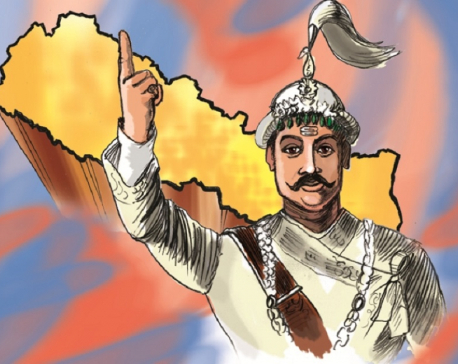
The great king who gave us Nepal
If Nepal was defeated in the battle of Sindhuli, unification would not have been possible. The British would make Kathmandu... Read More...
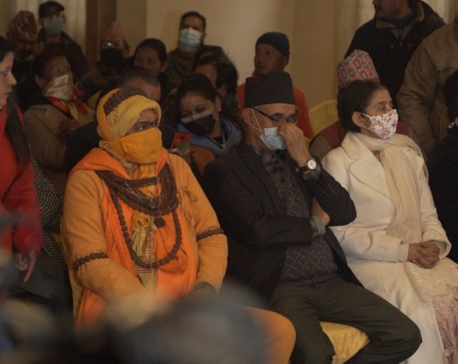
Actor Manisha Koirala, former DIG Kharel urge one and all to celebrate 299th birth anniversary of Prithvi Narayan Shah in a grand manner
KATHMANDU, Jan 5: A committee formed to celebrate the 299th birth anniversary of King Prithvi Narayan Shah, the founder of... Read More...



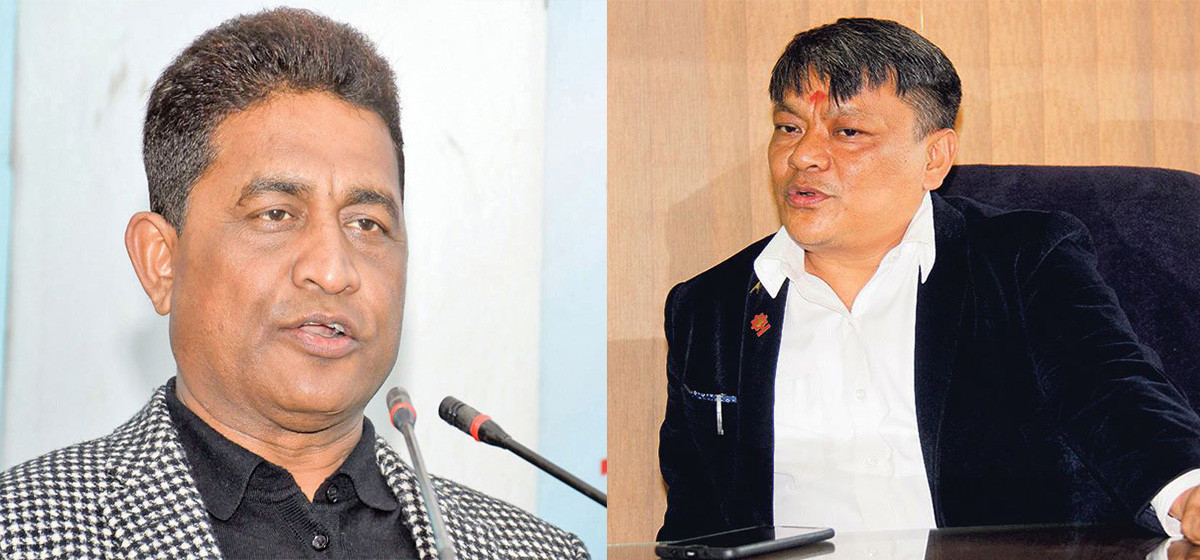
Just In
- KMC adjust office hours, services now start at 9AM
- Five-match T20 series: first match between West Indies 'A' and Nepal starts today
- Govt yet to pay Rs 60 billion to contractors
- Nepal’s poorest district identified as Bajura, richest as Mustang
- Wind storm likely at a few places of Koshi and Sudurpaschim
- EVs adoption in Nepal surge in Nepal with government support measures
- Mayors' Forum urges Finance Minister Pun to settle electricity dues
- By-Election: Voting underway in Ilam-2 and Bajhang-1(a)










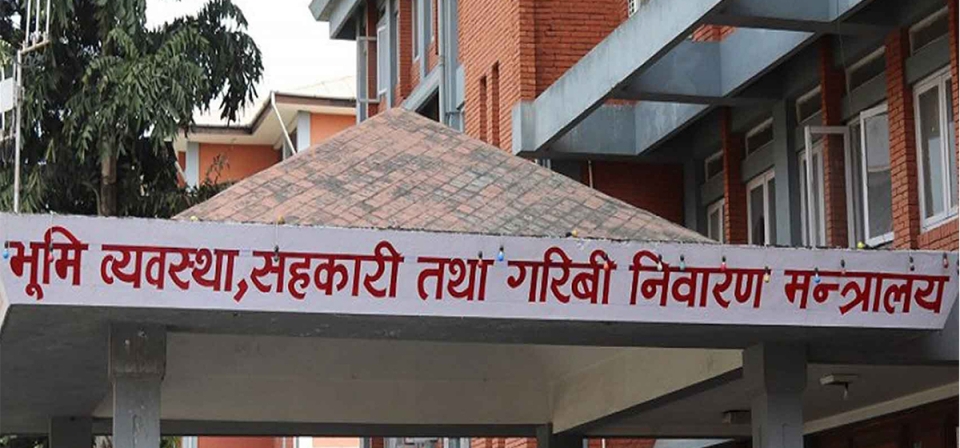



Leave A Comment